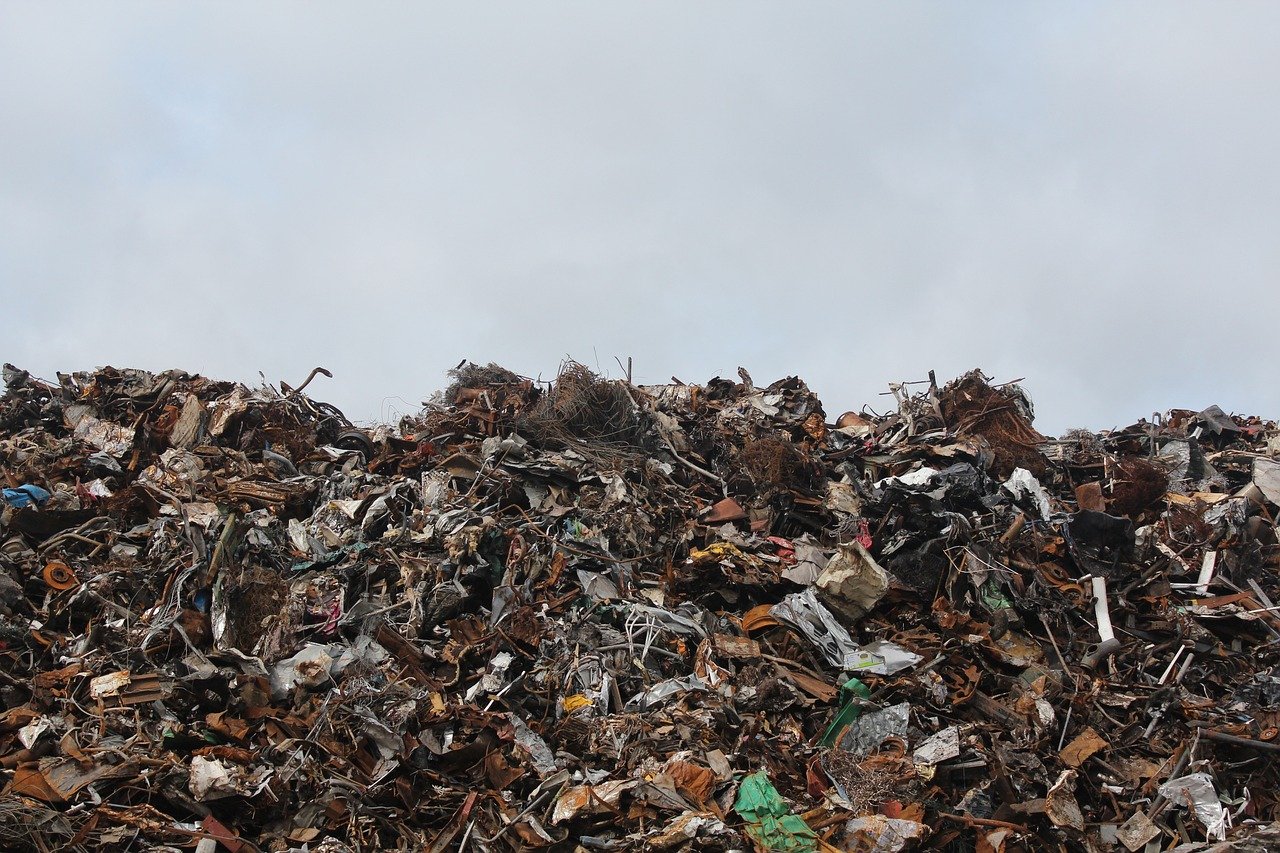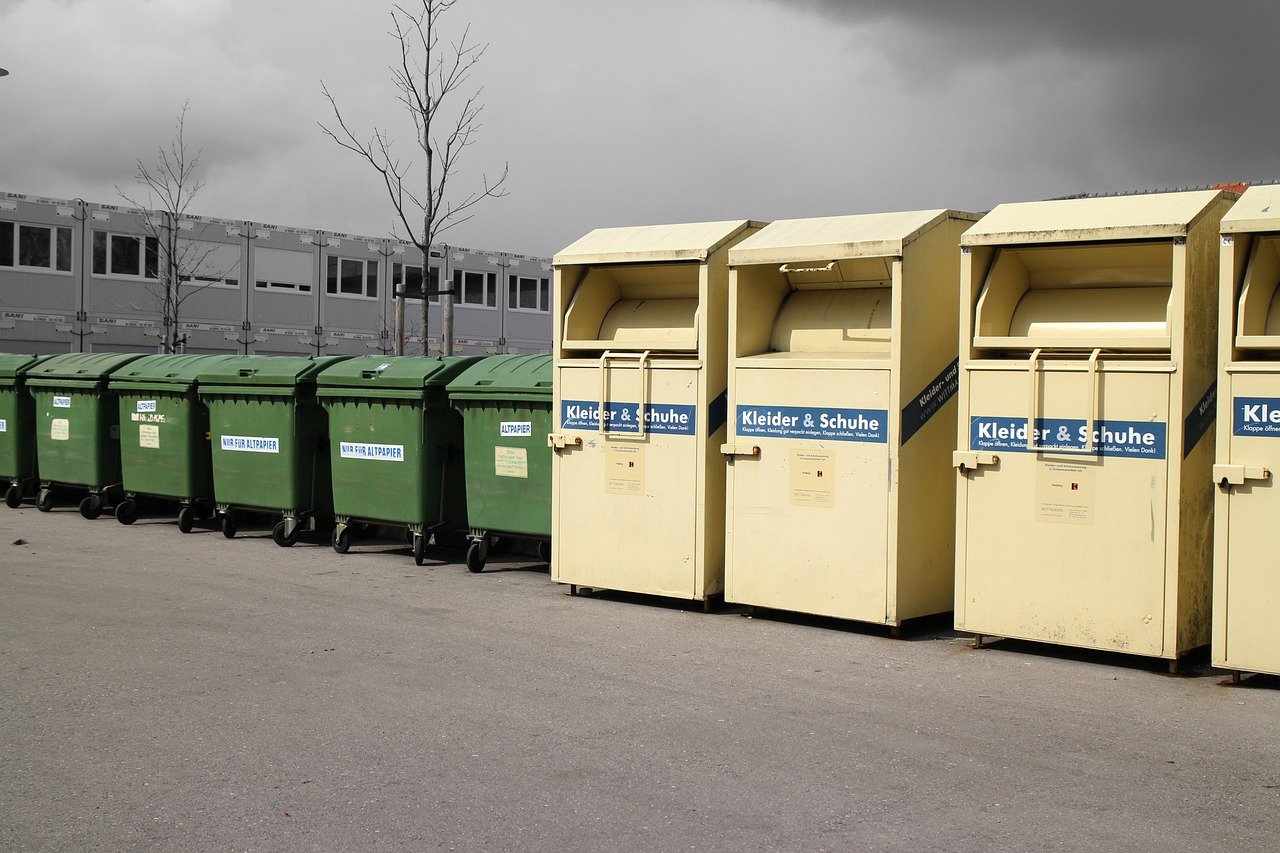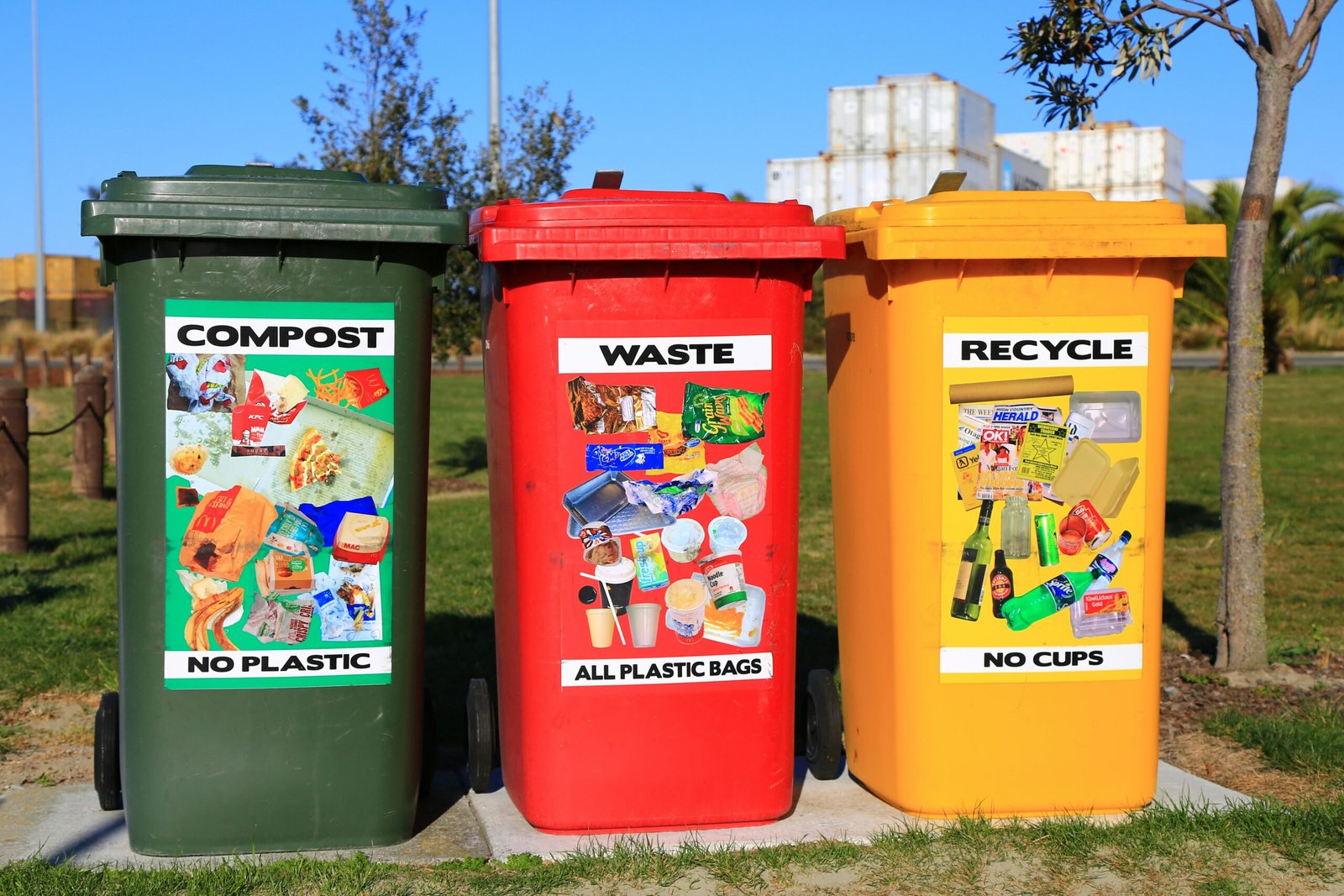Understanding Sweden’s Waste Management System
In Sweden, the framework of legislation and laws that drive waste management is quite extensive and professional, giving Sweden the edge in modern waste management. The prominent Environmental Code constitutes the legal framework regarding waste issuing directives to reduce waste generation, recycling, and recovery. It gives a rather lucid governing authority to the local municipalities and the private actors to dispose of waste in a sustainable way.

One of the standout features of Sweden’s waste management system is its determined recycling program. According to Disponibil, Sweden recycles 99% of waste sent for, and only 1% in landfills. A system that encourages citizens to separate their waste into specific categories, paper, plastic, and bio-waste, reinforces this commitment of recycling. Municipalities often provide separate bins for households to support this process, helping bring recyclable materials before incineration..
Besides recycling, Sweden started itself into the waste-to-energy ventures. The conversion of about 50% of municipal waste into energy has proved to be effective in turning waste into a resource.TEXT_NEeds_cite? Waste-to-energy plants generally utilize cutting-edge technology to reduce the volume of waste stream, thus directing less waste to landfills. This power generation creates both electricity and heat that can be fed into the national grid promoting contingent energy sustainability.
The Swedish government plays a focal management role in waste management; policy, target, and innovation financing in waste processing technologies create the proper ambiance for continuous improvement. Local municipalities are empowered to carry them forth within their local decision-making processes. This situation of cooperation between government authorities and local governments exemplifies Sweden’s commitment to sustainability and rational waste management, earning it a prime spot, a benchmark for other nations, to improve their respective systems.
The Economic Impact of Waste Recycling
The overarching economic implications of waste management in Sweden, through one such innovative waste management, have actually made today’s waste a valuable commodity. The initiative and emphasis placed worldwide on recycling, the waste-to-energy regime they were executing, resulted in the development of a large sector, generating many jobs and stimulating local economies. In Sweden, recycling has taken off to over 99%, which shows the efficiency and sustainability of waste management and dependency on fewer landfills.

The economic benefits of effective waste management practices are evident in numerous ways. Firstly, the recycling industry has become a critical employer, providing jobs across various segments, from collection and sorting to processing and resale of materials. In particular, new opportunities have arisen in the areas of e-waste recycling and organic waste processing, furthering the job market and reducing unemployment rates in applicable regions. For instance, companies like Stena Recycling have expanded their operations, not only increasing their workforce but also innovating within the industry.
Moreover, these initiatives bolster local economies by reducing disposal costs and generating revenue through the sale of recyclable materials. This recycling sector enables local governments to allocate funds more efficiently, investing in other vital community services instead of waste management. The creation of green jobs in recycling and energy recovery facilities not only supports economic stability but fosters environmental responsibility among businesses and citizens alike.
The influence of waste management extends beyond job creation; it also drives innovation and investment in clean technologies. By developing advanced waste processing facilities and encouraging the use of sustainable practices, the Swedish economy is interwoven with green solutions that pave the way for future growth. These efforts align with Sweden’s broader economic goals and sustainability initiatives, positioning the country as a global leader in waste management and recycling.
Innovative Technologies in Trash Recycling
Sweden is widely recognized for its effective waste management system, heavily relying on innovative technologies to enhance the recycling process and maximize resource recovery from trash. One notable advancement in this area is the development of sophisticated sorting technologies. These systems utilize advanced sensors and artificial intelligence to automatically segregate various materials, such as plastics, metals, and organic waste. By ensuring that recyclables are efficiently sorted, Sweden minimizes contamination and improves the overall quality of recycled materials, thereby bolstering the recycling rate significantly.
Another excellent example of Sweden’s commitment to sustainable waste management is anaerobic digestion. This biological process involves breaking down organic waste, such as food scraps and agricultural residues, in the absence of oxygen. The outcome of anaerobic digestion is biogas, which can be utilized as a renewable energy source for electricity and heat generation or as vehicle fuel. Additionally, the remaining digestate can be used as a nutrient-rich fertilizer, thus promoting circular economy principles while reducing landfill dependency.
Incineration also plays a crucial role in Sweden’s waste management strategy. The country employs state-of-the-art incineration practices that not only reduce the volume of waste but also recover energy in the form of heat and electricity. High-efficiency energy recovery plants are designed to ensure that emissions are adequately controlled, adhering to strict environmental regulations. This technology enables Sweden to convert what was once considered trash into usable energy, significantly contributing to the country’s renewable energy goals.
By continually embracing new methodologies and technologies, Sweden remains at the forefront of innovative waste management practices, setting a benchmark for other nations striving to improve their recycling efficiency and sustainability. The integration of cutting-edge technologies in trash recycling not only highlights Sweden’s commitment to environmental stewardship but also strengthens the economic viability of its waste management sector.
Cultural Attitudes Toward Waste and Recycling

Sweden’s waste management and recycling methods are intertwined with the very fabric of its culture, as notions of Swedish citizenswith respect to recycling are not merely adherences to considerations about thenvironment, but also are reflections on their commitment towards sustainability and responsible consumption. Over the years, some relatively hard-hitting public awareness campaigns have made it possible for the populace to be educated on waste minimization, thereby contributing to a community ethos around sustainable living activities.
Education prepares the predestined mentalities. Since childhood, Swedish children are taught about ecology and recycling. This education cultivates a sense of responsibility for the environment in the child, besides teaching waste management. Schools often involve practical activities and recycling programs with hands-on participation, emphasizing the theme that all of us play a part in solving environmental problems.
In addition, Sweden’s highly organized recycling system facilitates citizen participation by allowing convenient disposal. Countless recycling points will be found in urban and rural contexts, equipped with self-service bins for a range of materials, including plastics, glass, and metals. This combination of infrastructure and existing social norms of recycling has made participation in these programs an expectation not an exception. Community initiatives further reinforce those efforts through which locals often participate in cleanup drives and sustainability projects that not only promote recycling but also environmental stewardship.
For an ordinary Swedish person, waste is often viewed not so much as rubbish to be carelessly discarded but as a potential resource. This transformation is festering a robust sense of collective ownership toward waste management. This keeps the whole country in line for sustainable, eco-friendly living.
Conclusion
In wrapping up, the unique approach that has been taken with waste management in Sweden has allowed the country to make a resource out of waste, an indicator of the level of the country’s sustainability efforts. As a result of increasing emphasis on recycling, the implementation of waste-to-energy programs, and landfill avoidance, Sweden has shifted its position on waste from a liability to an asset. Such approach is not only environmental friendly but also helps in energy generation and the economy expansion demonstrating to other countries that one can make profit of what was previously worthless.
